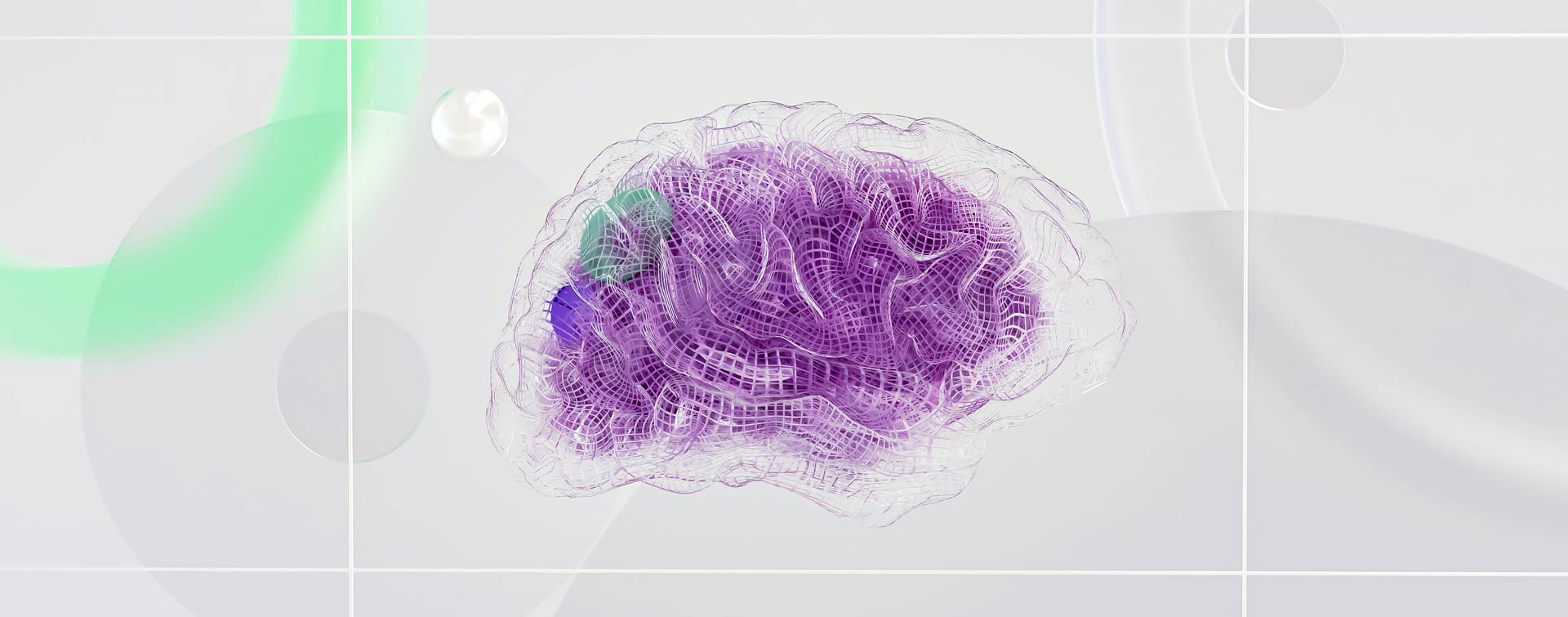Blog
Safety and Side Effects of TMS: A Comparative Analysis
- October 20, 2023
-
NeuroMod Health

Mental health issues, particularly depression, have become a global concern with a significant impact on the quality of life for millions of individuals. Thankfully, advances in medical science have given rise to various treatment options, one of which is Transcranial Magnetic Stimulation (TMS). TMS has gained popularity as a non-invasive and relatively safe treatment for depression. In this blog post, we will delve into the safety profile of TMS, explore potential side effects, and compare its safety with other depression treatments.
Recent Posts

Does TMS Hurt? Common Myths About the Procedure
Understanding Transcranial Magnetic Stimulation (TMS)
Transcranial Magnetic Stimulation is a therapeutic technique that involves the use of electromagnetic coils to deliver magnetic pulses to specific areas of the brain. These pulses stimulate nerve cells in the brain, particularly those associated with mood regulation. TMS is typically used when other treatments like medication and psychotherapy have been ineffective or have caused intolerable side effects.
Safety Profile of TMS
Non-invasiveness: One of the most significant advantages of TMS is its non-invasive nature. Unlike electroconvulsive therapy (ECT), which involves inducing seizures, TMS does not require anesthesia or sedation. Patients remain awake and alert during the procedure.
Minimal systemic side effects: TMS primarily targets specific brain regions, minimizing the risk of systemic side effects common with many medications. This means it is less likely to cause issues such as weight gain, sexual dysfunction, or gastrointestinal problems.
Low risk of cognitive impairment: Unlike ECT, which can sometimes lead to short-term memory loss and confusion, TMS typically has a lower risk of causing cognitive impairment. Patients can return to their daily activities immediately after a TMS session.
Few contraindications: TMS is generally well-tolerated by most patients. However, it may not be suitable for individuals with certain medical conditions or those with metallic implants in their head.
Potential Side Effects of TMS
While TMS is considered safe, it is not entirely without side effects. Typically, these side effects tend to be mild and short-lived, which encompass:
- Scalp discomfort or pain at the treatment site during or after sessions,
- Headaches, which are usually short-lived,
- Lightheadedness or dizziness, which typically resolves quickly,
- Tingling or twitching in facial muscles due to stimulation of nearby nerves.
It’s important to note that these side effects are generally well-tolerated and tend to diminish as the course of treatment progresses.
Comparing TMS Safety to Other Depression Treatments
When assessing the safety of TMS relative to other depression treatments, several factors come into play:
Medications: Antidepressant medications can have a wide range of side effects, including sexual dysfunction, weight gain, and gastrointestinal issues. Additionally, they may take weeks to show therapeutic effects and may not work for everyone.
Electroconvulsive Therapy (ECT): While effective for severe depression, ECT carries a higher risk of cognitive side effects, including memory loss, confusion, and disorientation. TMS is generally considered a safer alternative, especially for those concerned about cognitive side effects.
Psychotherapy: Talk therapy, such as cognitive-behavioral therapy (CBT), is generally considered safe but may not provide immediate relief for severe depression, unlike TMS, which can offer quicker results.
Transcranial Magnetic Stimulation (TMS) offers a promising and relatively safe option for individuals struggling with depression, particularly when other treatments have proven ineffective or caused intolerable side effects. Its non-invasive nature and minimal systemic side effects make it an attractive choice for many patients.
While TMS may still have mild and temporary side effects, its safety profile compares favorably to other depression treatments, such as medications and electroconvulsive therapy (ECT). Ultimately, the choice of treatment should be made in consultation with a healthcare provider who can assess individual needs and preferences.
In the ever-evolving field of mental health treatment, TMS represents a valuable addition to the toolkit of options available to those seeking relief from depression, offering hope for improved mental well-being and a brighter future.


